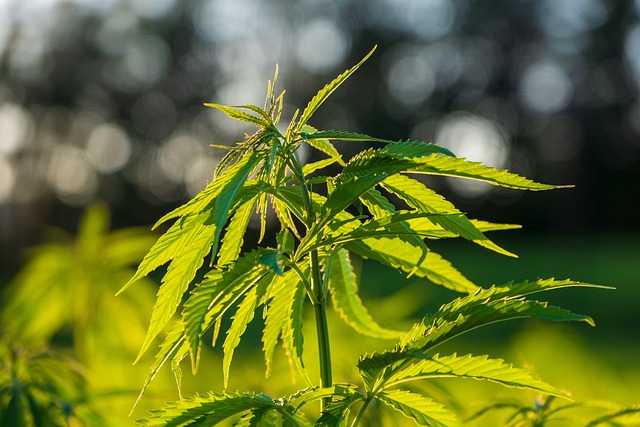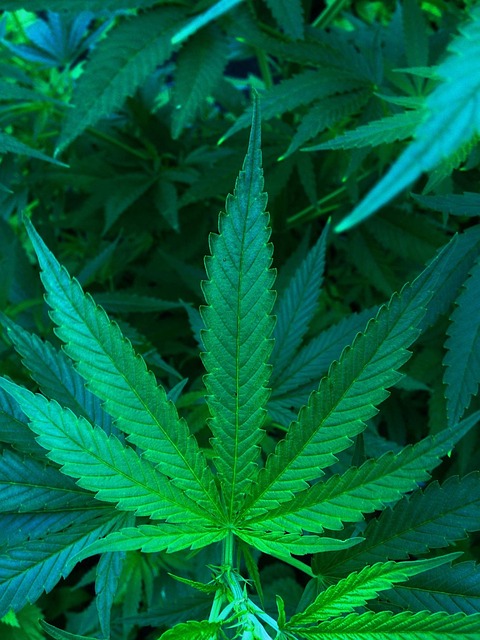Category: is thca rosin the same as thc
Is THC Rosin the Same as THC? Unraveling the Mysteries of Cannabinoid Concentrates
Introduction
In the ever-evolving world of cannabis, a new trend has emerged, captivating both industry insiders and enthusiasts: THC rosin. This concentrated form of cannabis extract has sparked curiosity and debate, leaving many wondering about its true nature and relationship with Tetrahydrocannabinol (THC), the iconic psychoactive compound known for its mind-altering effects. In this comprehensive article, we embark on a journey to demystify THC rosin, exploring its composition, global impact, economic significance, technological advancements, regulatory landscape, challenges, and the potential it holds for the future. By delving into these aspects, readers will gain an in-depth understanding of THC rosin’s role and its unique position within the cannabis industry.
Understanding THC Rosin: Unlocking the Definition and Core Components
THC rosin, often referred to as “Rosin Hash” or simply “Rosin,” is a highly potent and pure form of cannabis concentrate. It is derived from the plant’s resin glands, hence the name ‘rosin.’ This method of extraction involves gently heating and pressing the resin, resulting in a viscous, amber-colored substance that retains the full spectrum of cannabinoids and terpenes naturally present in the plant.
The key difference between THC rosin and other cannabis concentrates lies in its production process. Unlike butane or CO2 extraction methods used for producing other concentrates like wax or shatter, rosin extraction is a solventless process, making it a preferred choice for those seeking a more natural and cleaner product. This method preserves the plant’s natural terpene profile, contributing to its distinct aroma and flavor.
Historical Context: A Journey Through Time
The concept of extracting concentrated cannabis compounds dates back centuries, with early methods involving manual separation of resin from the plant. However, the modern era of THC rosin can be traced to the advancements in extraction technology and the growing demand for more efficient and pure forms of cannabis products. As research into the therapeutic potential of cannabinoids gained momentum, so did the need for improved extraction techniques.
In recent years, THC rosin has gained popularity due to its accessibility, versatility, and perceived quality. It has become a favorite among consumers seeking high-potency cannabis products without the use of potentially harmful solvents. This shift towards natural extraction methods reflects a broader trend in the industry toward consumer demand for safer, more transparent products.
Global Impact and Trends: A World-Wide Revolution
THC rosin’s impact is not confined to any single region; it has captured the attention of cannabis enthusiasts and businesses worldwide. The global cannabis market, already a multi-billion-dollar industry, is witnessing a surge in demand for concentrates, with THC rosin at the forefront.
Regional Trends:
- North America: In the United States and Canada, THC rosin has gained popularity due to its availability in legal markets. It is particularly favored among consumers who appreciate its natural extraction process and robust terpene profiles.
- Europe: European countries with legalized cannabis markets, such as Germany and the Netherlands, have seen a rise in rosin consumption and production. Local farmers and producers are embracing rosin extraction, catering to the growing demand for high-quality, concentrated products.
- Asia: As countries like Japan and South Korea explore medical and recreational cannabis options, THC rosin’s unique properties are attracting attention. Its reputation as a pure and potent extract makes it an intriguing option in these emerging markets.
- South America: With its rich cannabis heritage, regions like Uruguay and Brazil have embraced THC rosin production, contributing to the global supply chain. Local producers are capitalizing on the demand for natural, high-potency extracts.
Economic Considerations: Market Dynamics and Investment Opportunities
The economic implications of THC rosin are significant, shaping the cannabis industry’s landscape. This concentrate has become a lucrative segment within the broader market, driving investment and innovation.
Market Dynamics:
- Supply and Demand: The global demand for THC rosin is rising, fueled by its perceived quality and natural extraction process. This surge in demand has led to increased production and supply, but ensuring consistent quality remains a challenge.
- Pricing: Premium-quality THC rosin commands higher prices, reflecting its purity and potent effects. Lower-grade products are more affordable, catering to a broader consumer base.
- Distribution Channels: Legal markets have established robust distribution networks for THC rosin, allowing consumers to access it through various retail channels, including dispensaries and online platforms.
Investment Patterns:
- Agricultural Investments: Farmers and producers are investing in specialized equipment and facilities to optimize rosin extraction processes, ensuring high-quality output.
- Research and Development: Companies are allocating resources for R&D to explore new extraction methods, improve product consistency, and develop innovative applications for THC rosin.
- Infrastructure Development: The establishment of standardized testing and quality control measures requires investments in laboratory equipment and skilled personnel.
Technological Advancements: Enhancing Extraction and Product Quality
Technological innovations have played a pivotal role in the rise of THC rosin, improving extraction efficiency and product quality. These advancements contribute to the overall success and appeal of this concentrated cannabis form.
Key Technologies:
- Solventless Extraction: The core technology behind THC rosin production is solventless extraction. Advanced heating and pressing techniques allow for the gentle removal of resins, preserving the full spectrum of cannabinoids and terpenes.
- Automated Extraction Systems: Customized machines are being developed to streamline the rosin extraction process, increasing efficiency and reducing labor costs. These systems offer precise temperature control and automated pressing mechanisms.
- Terpene Analysis: Advanced analytical tools enable detailed analysis of terpene profiles in THC rosin, ensuring consistency and allowing producers to cater to specific consumer preferences.
- Quality Control Testing: Standardized testing methods have been developed to assess cannabinoid content, purity, and potency, ensuring product safety and quality.
Policy and Regulation: Navigating the Legal Landscape
The regulatory environment surrounding THC rosin is complex and varies across jurisdictions, reflecting the evolving nature of cannabis laws worldwide. Understanding these policies is crucial for businesses and consumers alike.
Key Regulatory Considerations:
- Legality: In many countries and states, THC rosin is legal for both medical and recreational use, provided it falls within specified cannabinoid limits and is produced or sourced from licensed operators.
- Licensing and Permits: Producers and distributors must obtain licenses and permits to legally manufacture and sell THC rosin, ensuring compliance with local regulations.
- Labeling and Packaging: Clear labeling is mandatory, including information about cannabinoid content, terpene profiles, and potential allergens. Child-resistant packaging may also be required.
- Taxation: THC rosin is subject to taxation in many regions, with rates varying based on local laws and product potency.
- Research and Medical Access: In some jurisdictions, THC rosin is approved for medical use, allowing patients access to concentrated forms of cannabis for specific conditions.
Challenges and Criticisms: Overcoming Obstacles
Despite its growing popularity, THC rosin faces several challenges and criticisms that require careful consideration and strategic solutions. Addressing these issues will be crucial for the long-term success and sustainability of this industry segment.
Common Challenges:
- Consistency: Ensuring consistent product quality is a significant challenge due to the variability in extraction methods and raw materials. Standardization and quality control measures are essential.
- Purity: While solventless extraction is preferred, ensuring absolute purity can be difficult. Advanced testing methods and strict quality control procedures are necessary to address this concern.
- Regulation: The evolving regulatory landscape presents challenges for businesses, requiring constant adaptation and compliance with varying local laws.
- Stigma: Despite increasing acceptance, cannabis products still face social and cultural stigmas, which can deter some consumers from trying THC rosin.
Proposed Solutions:
- Standardization: Developing industry standards for extraction methods, testing procedures, and labeling will enhance product consistency and consumer confidence.
- Education: Increasing public awareness about the benefits and responsible use of THC rosin can help dispel myths and reduce stigma.
- Research Collaboration: Encouraging collaboration between researchers, producers, and regulatory bodies can facilitate the development of best practices and evidence-based guidelines.
- Regulatory Clarity: Clearer and consistent regulations will provide a more predictable business environment, fostering innovation and investment.
Case Studies: Real-World Applications and Success Stories
To illustrate the practical impact of THC rosin, let’s explore two successful case studies from different regions, showcasing its versatility and potential.
Case Study 1: European Medical Cannabis Clinic
In Germany, a leading medical cannabis clinic has integrated THC rosin into its treatment regimen for patients with chronic pain and anxiety disorders. The clinic sources high-quality rosin from local farmers, ensuring a consistent supply of pure, potent extracts. Through carefully tailored doses, patients experience significant relief without the potential side effects associated with oral medications. This case study highlights the therapeutic potential of THC rosin in a clinical setting.
Case Study 2: North American Consumer Brand
A popular cannabis brand in California has developed a line of THC rosin products, targeting health-conscious consumers. Their marketing strategy emphasizes the natural extraction process and robust terpene profiles, appealing to those seeking premium, high-potency concentrates. The brand’s success lies in its ability to educate consumers about rosin’s benefits and establish it as a preferred choice for discerning cannabis enthusiasts.
Future Prospects: Emerging Trends and Growth Areas
As we peer into the future, several trends and growth areas emerge for THC rosin, signaling its continued significance and potential.
Potential Growth Areas:
- Medical Applications: Further research into THC rosin’s therapeutic properties may lead to increased medical use, particularly in specialized treatments for pain management, anxiety, and sleep disorders.
- Hemp-Derived Rosin: With the rise of hemp cultivation, hemp-derived THC rosin could become a significant player in the market, offering a legal alternative to cannabis-derived products.
- Innovative Delivery Methods: New consumption methods, such as vaporizers designed for concentrated extracts, may gain popularity, expanding THC rosin’s accessibility and appeal.
- Global Expansion: As cannabis laws continue to evolve globally, THC rosin has the potential to establish a strong presence in emerging markets, driving international growth.
Emerging Trends:
- Sustainability Focus: Consumers are increasingly conscious of environmental issues, leading producers to adopt sustainable extraction practices and packaging solutions.
- Personalized Products: Customization will be a key trend, with consumers seeking rosin products tailored to their specific terpene preferences and desired effects.
- Education and Transparency: Brands will prioritize education and transparency in marketing, providing detailed information about product origins, extraction methods, and cannabinoid profiles.
Conclusion: The Evolving Landscape of THC Rosin
In conclusion, THC rosin has emerged as a significant player in the cannabis industry, captivating consumers and businesses alike with its potency, natural extraction process, and diverse applications. From medical treatments to recreational use, this concentrated extract offers unique benefits and experiences.
As we’ve explored throughout this article, THC rosin’s global impact, economic considerations, technological advancements, regulatory landscape, challenges, and successful case studies paint a comprehensive picture of its significance. By addressing the issues it faces and embracing emerging trends, the future looks promising for this captivating cannabis concentrate.
FAQ Section: Answering Common Questions
Q: Is THC rosin the same as marijuana?
A: No, they are not the same. THC (Tetrahydrocannabinol) is a cannabinoid found in the cannabis plant, and rosin is a method of extracting and concentrating these cannabinoids, including THC. Marijuana refers to the dried flowers and leaves of the cannabis plant, which contain varying levels of cannabinoids and terpenes.
Q: Is THC rosin safe to use?
A: When consumed responsibly and in accordance with local laws, THC rosin can be safe for use. However, like any cannabis product, it may have potential side effects, especially when consumed in high doses. It’s crucial to start with small amounts and understand your tolerance.
Q: How does THC rosin differ from other concentrates?
A: THC rosin distinguishes itself through its solventless extraction process, preserving the full spectrum of cannabinoids and terpenes naturally present in the plant. This method results in a viscous, amber-colored substance with a distinct aroma and taste. Other concentrates, like wax or shatter, often involve solvent extraction methods that can alter the terpene profile.
Q: Can THC rosin be legal?
A: The legality of THC rosin varies worldwide. In many countries and states, it is legal for both medical and recreational use if produced or sourced from licensed operators and falls within specified cannabinoid limits. However, local laws and regulations can change frequently, so it’s essential to stay informed about your region’s guidelines.
Save Money & Calm Anxiety: Try THCA Rosin Gummi Sticks, THC-Free Relief!
Experience Peaceful Sleep & Pain Relief – THC-Free Rosin Alternative Blends
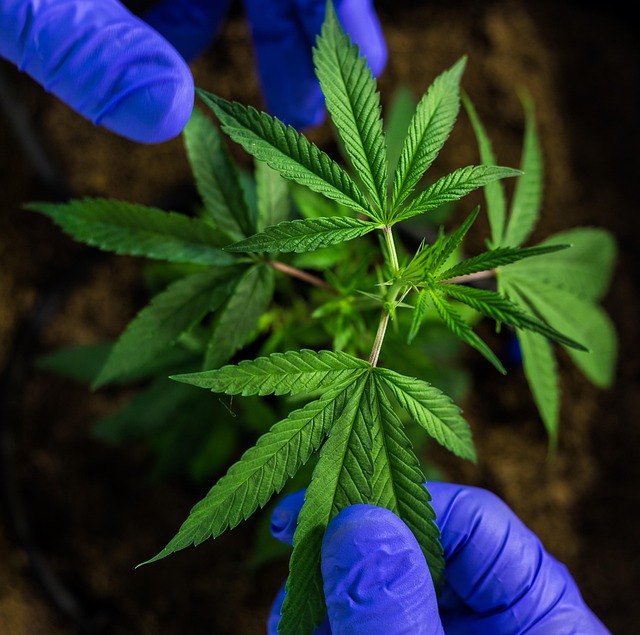
Tired of restless nights and high costs? Discover our THC-free Rosin, a game-changer in sleep aid. U…….
Experience Delta 8’s Magic: Unmatchable Pricing, Free Shipping!

Experience a revolutionary alternative to traditional THC Rosin with our Delta 8 Vape Cartridges. Un…….
Discover Calm: Pure CBD Drops, Not THCA Rosin – Save Now!

Tired of the ups and downs of THCA rosin, with its unpredictable THC levels? Our Pure CBD Tincture D…….
Delta 8 Nighttime Gummies: Calm & Soothe, Not Your Average THCA Rosin
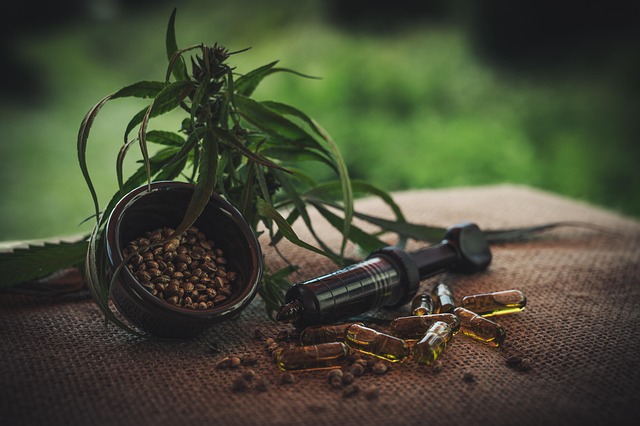
Tired of restless nights and sleeplessness? Delta 8 Nighttime Gummies offer a natural alternative to…….
Discover the Power: Unmatchable THC Rosin Edibles with Free Shipping
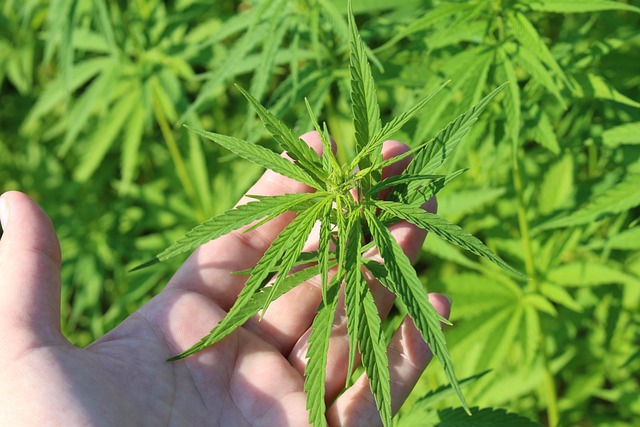
Unleash the power of Delta 9 edibles with our revolutionary THC Rosin. This unique extract offers a…….
Experience Relaxation: Delta 8 Gummies – Your Safe, Legal Alternative to THC Rosin

Tired of the jitters and unpredictable highs associated with traditional THC products? Delta 8 gummi…….


